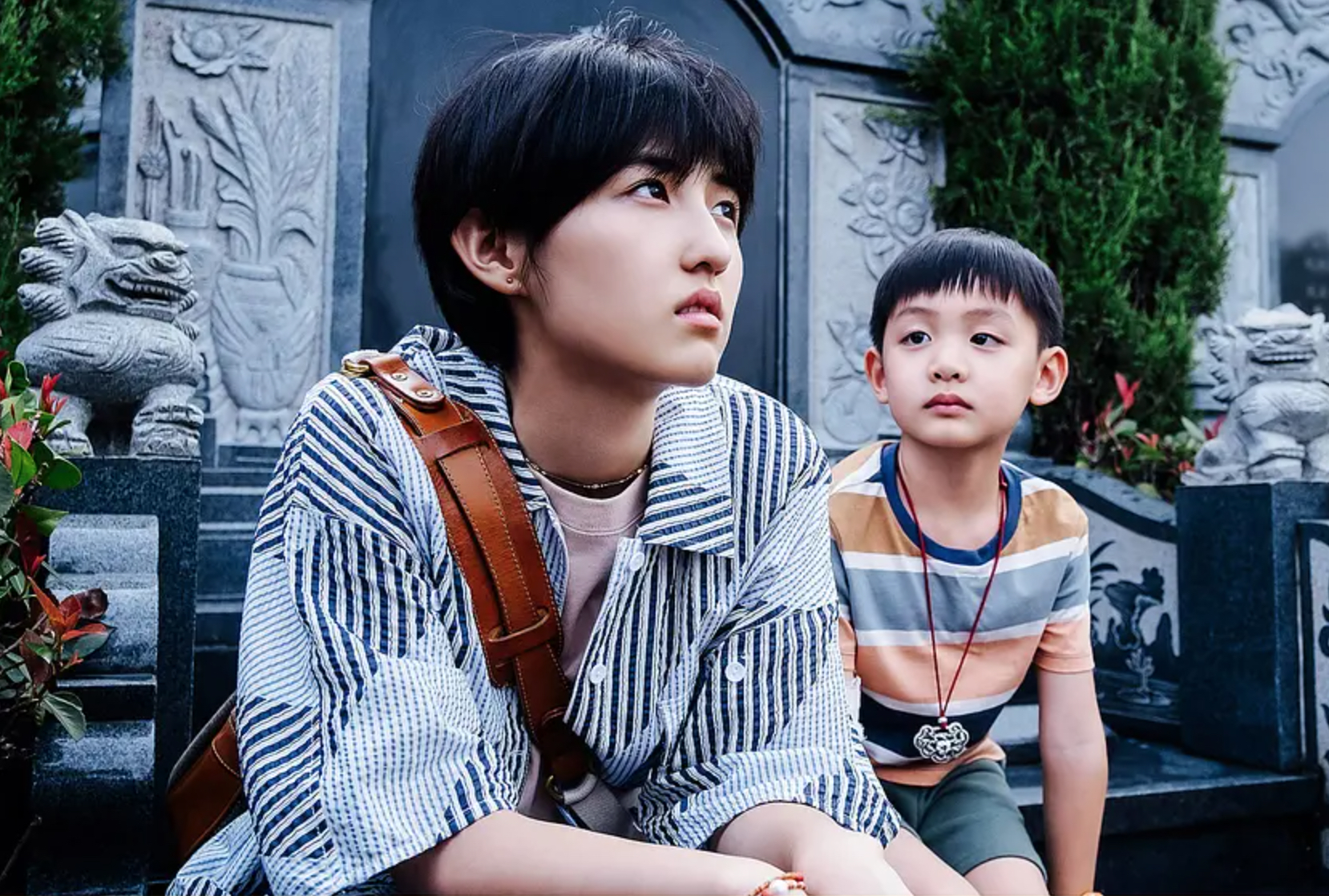Homegrown movie ‘Sister’ dominates box office by shining rare light on male preference in Chinese families
A new Chinese movie has captivated cinema goers who relate to its portrayal of sexism in the Chinese family.

WARNING: This story contains major spoilers.
A low-budget domestic drama about a young woman who grapples with the death of her neglectful parents and their long-standing, favourable treatment of her younger brother has become a cultural phenomenon in China and is currently dominating the local box office.
The movie, named Sister (我的姐姐 wǒ de jiějiě), opened on April 2 and has pulled in more than $60.9 million, according to box office tracker Maoyan (in Chinese). Per Variety, the film, reportedly produced for just $4.6 million and directed by an unknown Chinese filmmaker, muscled past the $160 million-budgeted visual effects extravaganza Godzilla vs. Kong, one of 2021’s most anticipated blockbusters, which grossed $43.5 million in China this past weekend.
The primary creative minds behind Sister are two women, director Yīn Ruòxīn 殷若昕 and screenwriter Yóu Xiǎoyǐng 游晓颖, who are both from single child homes and have long made the subject of family dynamics the main focus of their work. In an interview with the Beijing News (In Chinese), You said that she started developing the screenplay for Sister in 2015, when China eased its decades-long birth-control policy limiting most couples to having only one child.
The movie has sparked a lively national conversation about China’s patriarchal culture, and the strong preference of many parents for sons rather than daughters.
Sister follows Ān Rán 安然, a young nurse tormented with feelings of resentment toward her parents, who are neglected her in her childhood, and expect her to sacrifice everything for her brother, who is 20 years younger than her. As An grows into her adulthood, she seeks to acquire more independence from her family while pursuing her education and career. But after her parents die in a car crash, cAn is forced to take care of her six-year-old brother.
Screenwriter You told the Beijing News that the story line stemmed from her conversations with some friends who had similar experiences to An. “After learning about their family conflicts and what they’ve been through, I wanted to write a movie to explore the cause of their struggles,” she said.
China’s cultural preference for sons over daughters is deep-rooted. For some men, having a son is an issue of pride as it affirms a father’s masculinity in the eyes of his acquaintances. The sex preference has a practical basis, too. In Chinese culture, when a woman gets married, she tends to move out of her parental home, joins her husband’s family, and become the primary caregiver for her in-laws rather than her own parents. So for economic reasons, many Chinese parents prefer sons and expect them to provide financial support and care when they get old.
The gender bias, coupled with China’s longstanding family planning policy that only allowed each family to have one child, led to widepsread practice of sex-selective abortions and eventually resulted in a population swollen with tens of million “surplus” men, who are seen by the government as a potential source of instability in society.
To make things worse, since China lifted its one-child policy in 2015 to mitigate the effects of an aging population and shrinking labor force, many Chinese parents with one daughter have been using their second or third attempt at childbirth to have a son. This has further exacerbated the gender imbalance, and created disturbed sibling relationships like the one An deals with in Sister.
With its compelling protagonist and its thought-provoking exploration of multiple social issues that are rarely touched upon in Chinese movies, Sister has struck a powerful chord with audiences. On Weibo, the hashtag “How to evaluate the movie Sister” #如何评价电影我的姐姐# has racked up over 180 million views, with commenters raving about the movie and discussing what they would do if they were in An’s shoes.
“After thinking long and hard about the movie, I still don’t know what I would do in An’s situation. I don’t know what would be the best solution. But I know that I hate when society takes it for granted when women make sacrifices. It makes me want to stand up for myself and make a shift,” a woman wrote (in Chinese). Another said: “I watched the movie with my younger brother and he said the movie made his heart ache. I feel lucky that my parents treat us equally and my brother is very attentive and caring.”
Sister and the conversation surrounding it also intrigued Lǐ Yínhé 李银河, a pioneering scholar of sex and gender roles in China, who offered her own take in a lengthy post (in Chinese) on Weibo. Describing the movie as “captivating” and “inspiring,” Li noted that besides gender inequality, the movie also examines the concept of filial piety and the ethics of parent-child relationships at a time when more and more Chinese young adults are embracing individualism. “It is a moral dilemma as An has to decide if she wants to sacrifice her personal interests for family responsibilities,” Li wrote.
While the audience reception of Sister is overwhelmingly positive, it has inspired plenty of debate about its own ending, described by some as hollow and disappointing, and others as realistic and inevitable. In the film’s finale, An — after finding a family willing to adopt her brother — ends up having second thoughts about her decision and considering changing her career plans to raise her brother. Although it’s unclear which path An decides to take eventually, the fact that she hesitates to give her brother away was a sad event for many viewers who were fascinated by her independence and really wanted the movie to be a middle finger to the patriarchy.






